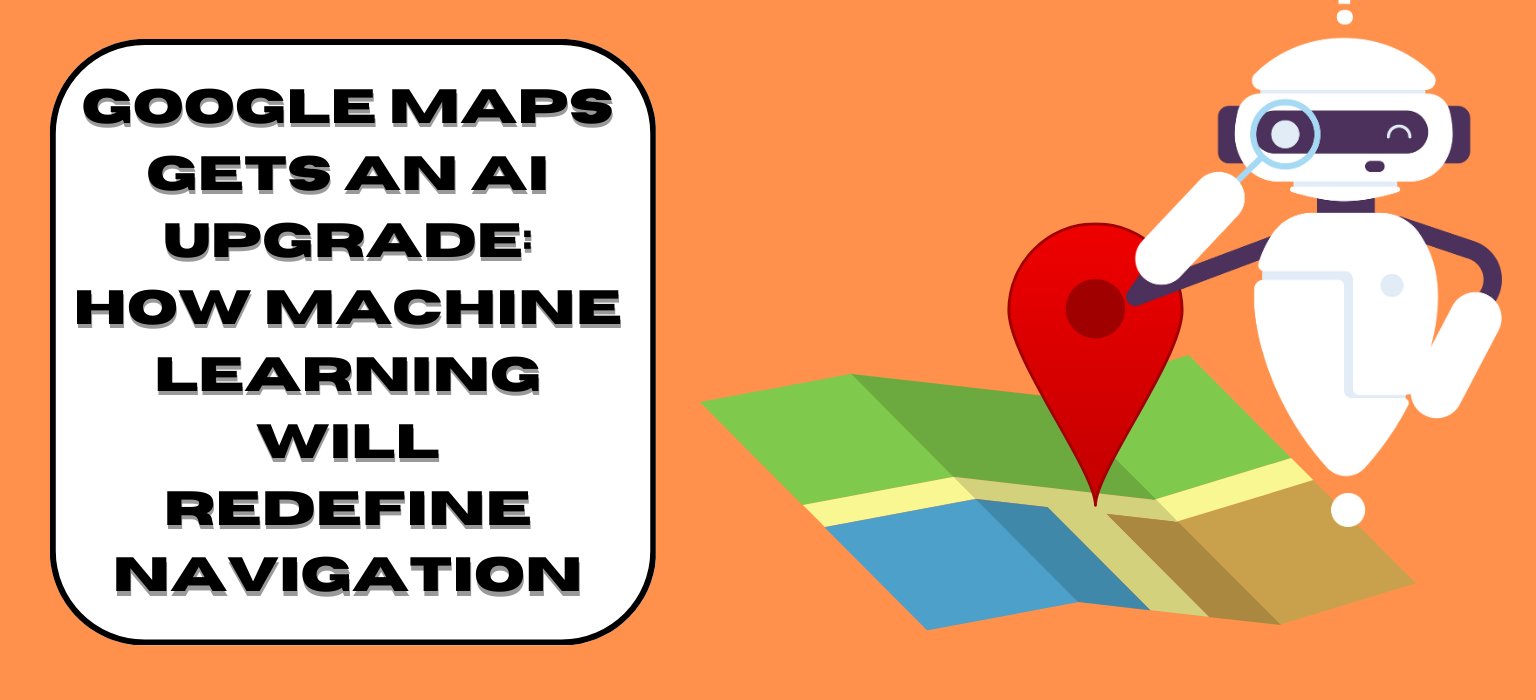
Google Maps recently unveiled exciting AI-powered enhancements that reimagine the navigation experience. Leveraging large language and vision models, Maps can now intelligently recommend destinations and points of interest tailored to virtually any preference or scenario.
This launch marks a major evolution of Google Maps – shifting it from mostly manual searches to AI-assisted discovery and hyper-personalized recommendations.
Google Maps AI
At its core, Maps was designed to remove the guesswork from getting directions. Users enter locations, and Maps handles routing. Simple and efficient.
But people increasingly rely on Maps not just for directions, but discovering new places that match their individual tastes. That represents a far more complex challenge.
Rather than solely show nearby restaurants when users search “dinner spots,” the upgraded Maps goes deeper. Its machine learning models now analyze 250 million places plus reviews, photos and attributes to serve personalized picks that perfectly match seekers’ unstated preferences.
Someone who specifies “quirky dinner spots” may see vastly different AI-curated suggestions than a user requesting “upscale romantic restaurants” – even in the same area.
So while traditional Maps offered basic search and navigation, AI unlocks discovery of relevant hidden gems matching users’ deeper intents and interests.
Conversational Interaction Through Language Models
Interacting with Maps also moves from typing to conversation. Thanks to integration with large language models (LLMs), people can speak requests and see intelligent responses.
No longer are users limited to keywords and drop pins. Now queries can take virtually any form – “outdoor nightlife hotspots with live music” or “highly rated thrift stores selling vintage electronics.”
The LLMs behind the scenes grasp semantics to discern exactly what users want. Maps then scours its 250 million locations to uncover personalized matches.
So conversational AI removes the guesswork from searches. Express wishes naturally, and Maps will translate those into tailored recommendations.
Building the Future of Navigation
This launch comes after years of AI research at Google to create more human-centric mapping. Recently, all the foundational technologies finally aligned to enable this leap. Those include:
- Language models – Comprehend search contexts and semantics
- Vision models – Analyze imagery to categorize venues
- Maps data – Millions of places with rich attributes to match
- User feedback – Reviews and ratings enable personalization
- Search infrastructure – Retrieve recommendations from vast data
- Accessibility focus – Ensure usability for all people
With these innovations united under one platform, Google Maps jumps from simple searches to become an AI-powered personal concierge.
Rather than show generic nearby locations, it can grasp the essence of what users want and serve suggestions aligning with their individuality. This takes navigation from impersonal to deeply customized.
Just the Start of Continual Innovation
While this launch already redefines Google Maps through AI, it marks only the beginning of a broader transformation.
Google says enhancements will roll out progressively while soliciting user feedback to refine features. Over time, expect Maps to grow even more advanced at uncovering hidden gems all tailored to you.
Some future capabilities may include:
- Personalized recommendations automatically served without searches
- “Take me somewhere I’ll love” gestures by shaking phones
- Notifications when near locations that match saved preferences
- AR overlays surfacing details on establishments in camera views
- Integrations with Google Photos to inform suggestions via past images
- Deeper semantics understanding to serve multi-stop trip planning
- Predictions for new/trending locations before they gain mainstream fame
The possibilities expand exponentially when blending geolocation with AI – and Google seems focused on leading that charge.
While navigation as we know it has stayed largely stagnant since the 2000s, modern machine learning finally evolves it from static search to personalized discovery. This launch seems merely the opening act in Google Maps becoming an AI-driven guide personalized to you.
Final Words
With this update, Google Maps starts shedding its traditional utility brand status to become almost a digital companion. One that intimately understands your preferences through past journeys, favorites and personal nuances.
The resulting ability to uncover unexpected hidden gems tailored to your unique tastes stands to redefine 21st century exploration. Just by conversing naturally with your phone, hidden city secrets matching your personality reveal themselves turn by turn.
Google made finding directions ubiquitous thanks to Maps. Now machine learning stands ready to make discovering your new favorite cafe, park or boutique equally frictionless. AI promises to reshape navigation fundamentally – and our collective real world journeys stand to grow far more fulfilling as we yield to technology’s high tech compass guiding us to personalized places of joy.
Read More :-
- iOS 18: Tim Cook Confirms Powerful AI Capabilities Coming to iPhone
- Apple’s First Foldable iPhone Could Launch as Early as 2026
- ChatGPT Suffers Major Security Breach Exposing User Accounts !
- How to Enable Apple’s Powerful Stolen Device Protection 2024
- Samsung Rolls Out New Quick Share App, But It’s A Bit Buggy
